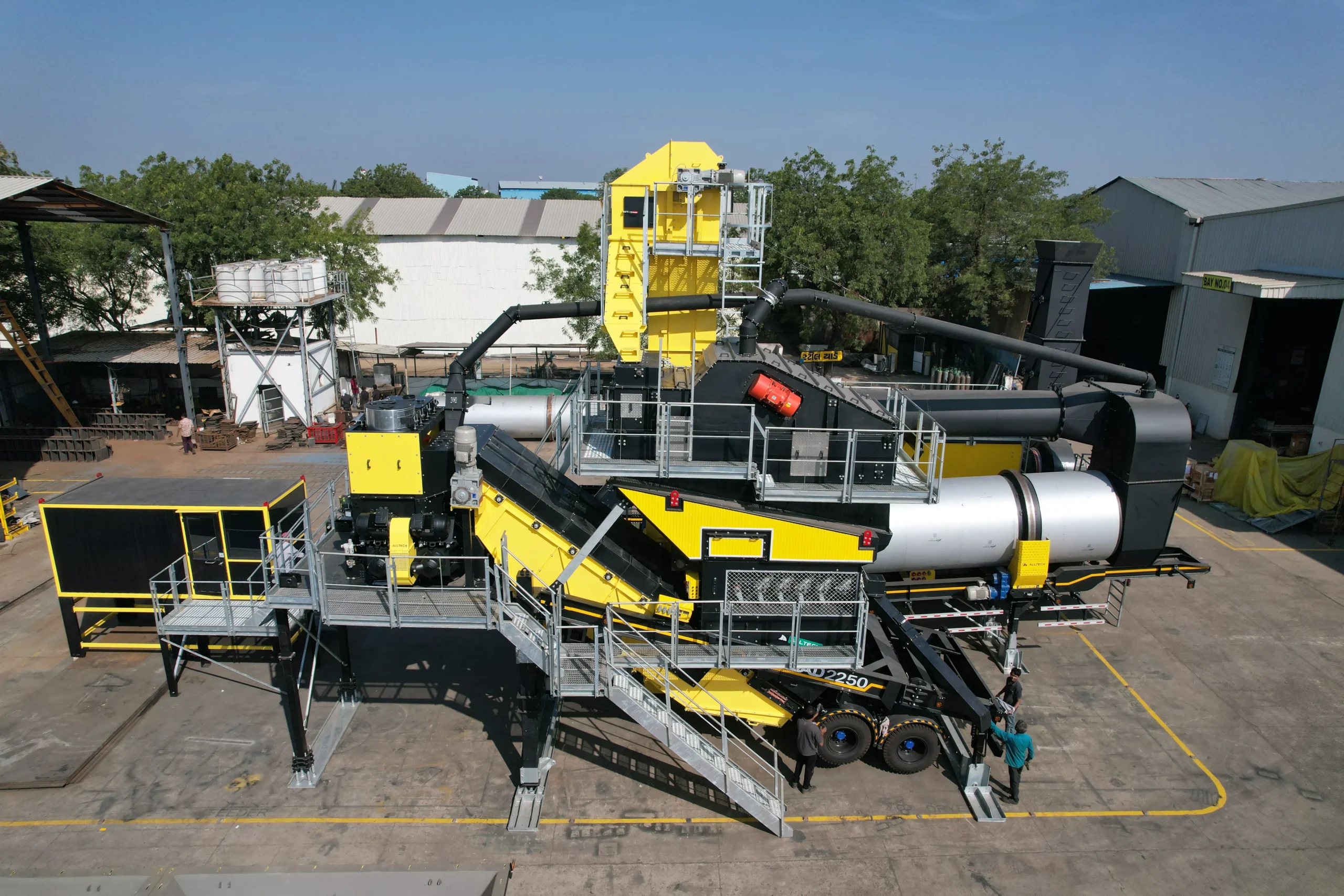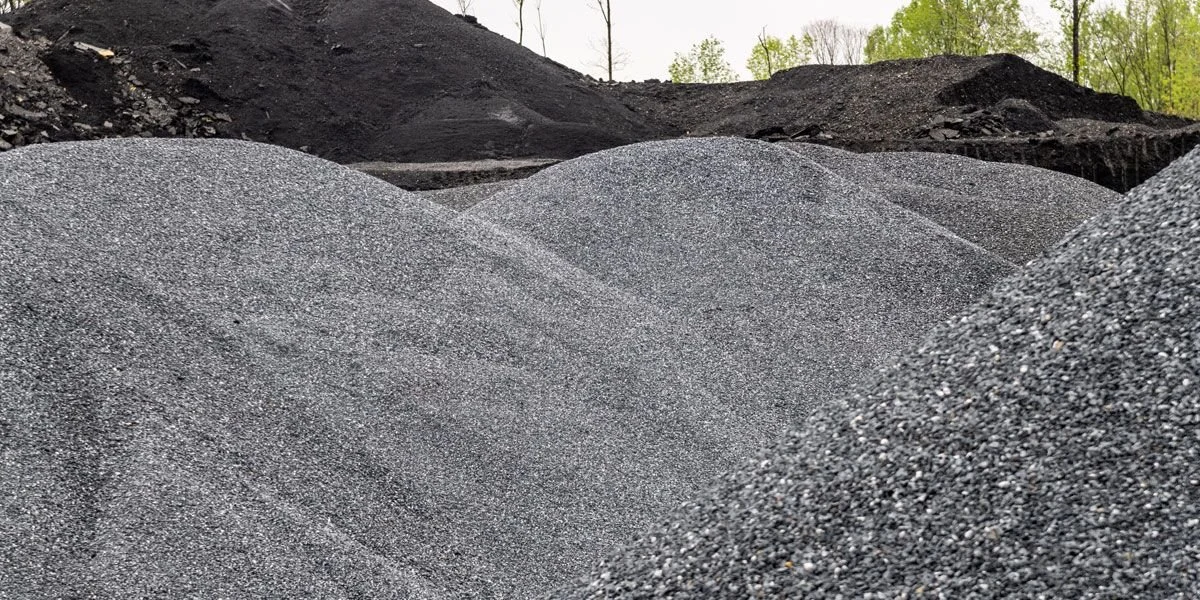
A Comprehensive Guide to Bitumen Emulsion Plant Operations and Uses
Bitumen emulsion is a crucial material in the road construction and maintenance industry. Produced at a bitumen emulsion plant, it offers a cold-applied, energy-efficient alternative to traditional hot mix asphalt. With versatile applications ranging from surface dressing to pothole repair, understanding bitumen emulsion plant composition, types, and uses is essential for professionals aiming to enhance road quality and longevity.
What is a Bitumen Emulsion Plant?
Bitumen emulsion Plant is a blend of bitumen (asphalt), water, and an emulsifying agent. Manufactured at a bitumen emulsion plant, this mixture allows bitumen to be applied at ambient temperatures, making it both environmentally and operationally efficient.
In the plant, bitumen is finely dispersed in water with the help of high-shear mechanical mixing and stabilized using emulsifiers. This results in a uniform, stable product ideal for various road applications without the need for heating.
Composition of Bitumen Emulsion
A standard bitumen emulsion plant produces emulsions consisting of:
- Bitumen: The main binding agent obtained from crude oil distillation.
- Water: Acts as a carrier and diluent, making the bitumen easier to apply.
- Emulsifier: A surface-active agent that keeps bitumen droplets evenly suspended in water.
This stable blend allows the bitumen to be sprayed or mixed without requiring high temperatures.
Types of Bitumen Emulsion
Emulsions are classified based on their electrical charge and setting time.
1. Cationic Bitumen Emulsion
- Emulsifier: Positively charged
- Applications: Suitable for all aggregate types; ideal for surface dressing, tack coats, and cold mixes
- Преимущества: Excellent adhesion, fast setting
2. Anionic Bitumen Emulsion
- Emulsifier: Negatively charged
- Applications: Used for dust suppression, crack sealing, and prime coats on positively charged surfaces
- Преимущества: Good water resistance, slower setting
Based on Setting Time:
- Slow Setting (SS): Used for mixing with aggregates
- Medium Setting (MS): Ideal for premix and patch repair
- Fast Setting (FS): Suitable for surface dressing and tack coats
Production Process at a Bitumen Emulsion Plant
Modern bitumen emulsion plants follow a systematic and quality-controlled manufacturing process:
- Heating: Bitumen is heated to 150°C–180°C to reduce viscosity.
- Mixing: The heated bitumen is mixed with water and emulsifier under high-shear conditions.
- Cooling: The emulsion is cooled to stabilize it for storage or immediate use.
- Контроль качества: Tests for consistency, particle size, viscosity, and stability ensure compliance with industry standards.
Applications of Bitumen Emulsion
Bitumen emulsion produced at a dedicated bitumen emulsion plant is used for a wide range of construction and maintenance tasks:
1. Surface Dressing
A thin film of emulsion is applied and covered with aggregate to improve skid resistance, waterproofing, and surface life.
2. Cold Mix Asphalt
Enables cold production of asphalt mixtures, especially where hot-mix plants are not feasible. Suitable for rural roads and emergency repairs.
3. Pothole Repair
Quick and durable repair method for road surface failures without heating requirements.
4. Dust Control
Used on unpaved roads to bind dust and fine particles, improving air quality and visibility.
5. Crack Sealing
Fills and seals cracks to prevent water ingress and road base deterioration.
6. Prime and Tack Coats
Promotes strong adhesion between asphalt layers in pavement construction.
Advantages of a Bitumen Emulsion Plant
Operating or sourcing from a well-equipped bitumen emulsion plant offers several key benefits:
- Eco-Friendly: Cold application reduces energy use and emissions.
- Cost-Effective: Eliminates heating costs and enables faster, labor-saving applications.
- Safe & Easy to Use: Reduces handling risks associated with hot bitumen.
- Versatile: Applicable to various road maintenance and construction needs.
- Enhanced Road Durability: Provides longer-lasting road surfaces with fewer repairs.
Заключение
A bitumen emulsion plant plays a vital role in modern infrastructure development by producing a sustainable, high-performance alternative to traditional asphalt. Its environmentally conscious production process and diverse applications make it an indispensable solution for road builders and maintenance teams worldwide.
Whether you’re constructing new roads or maintaining existing ones, choosing the right bitumen emulsion plant ensures quality, performance, and long-term cost savings. be environmentally friendly, bitumen emulsion is a product that will continue to play a vital role in the road construction industry. Whether you are working on a new road project or maintaining existing infrastructure, understanding the composition, types, and applications of bitumen emulsion will help you make the best choices for your needs.





